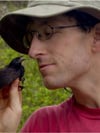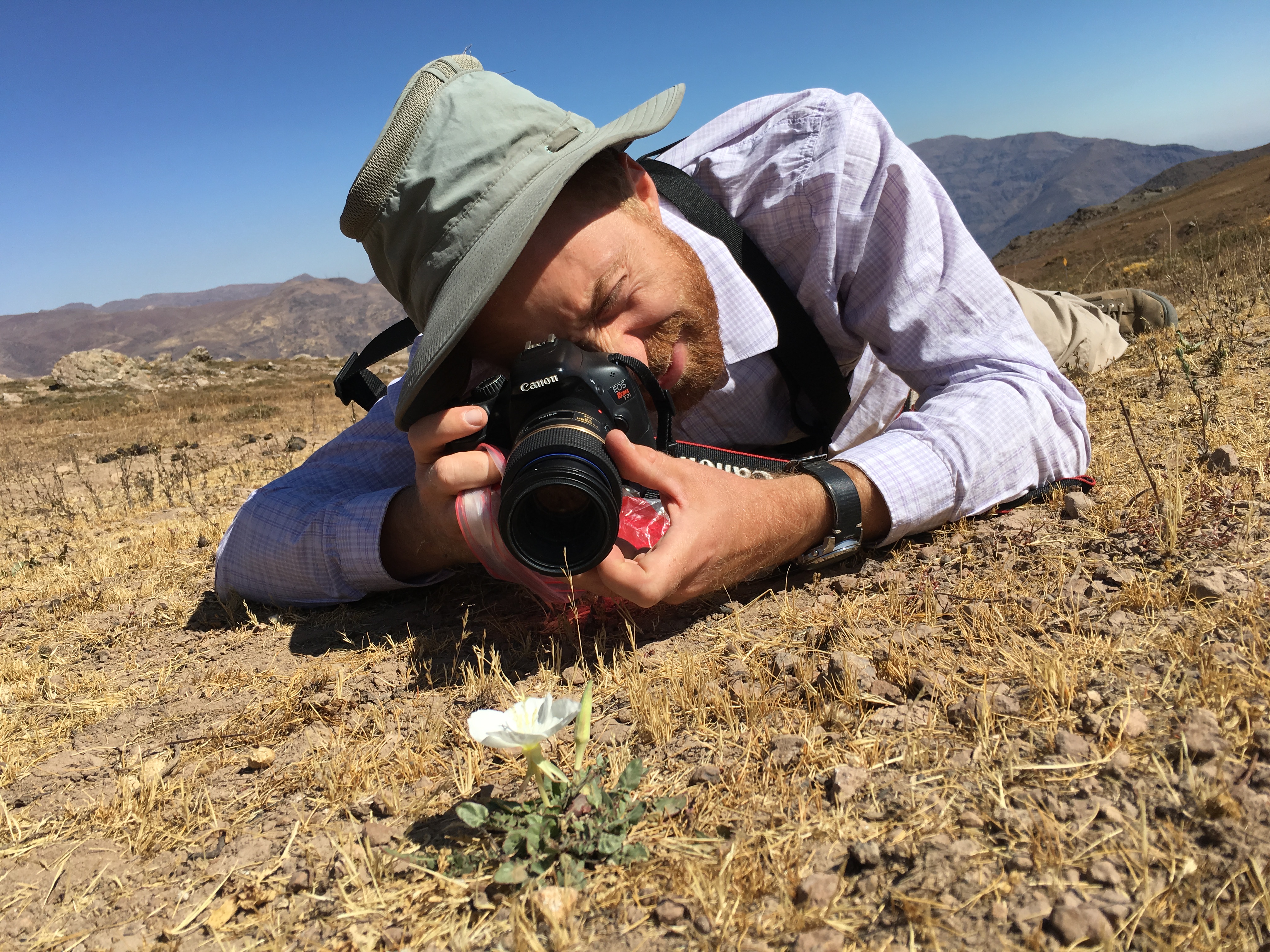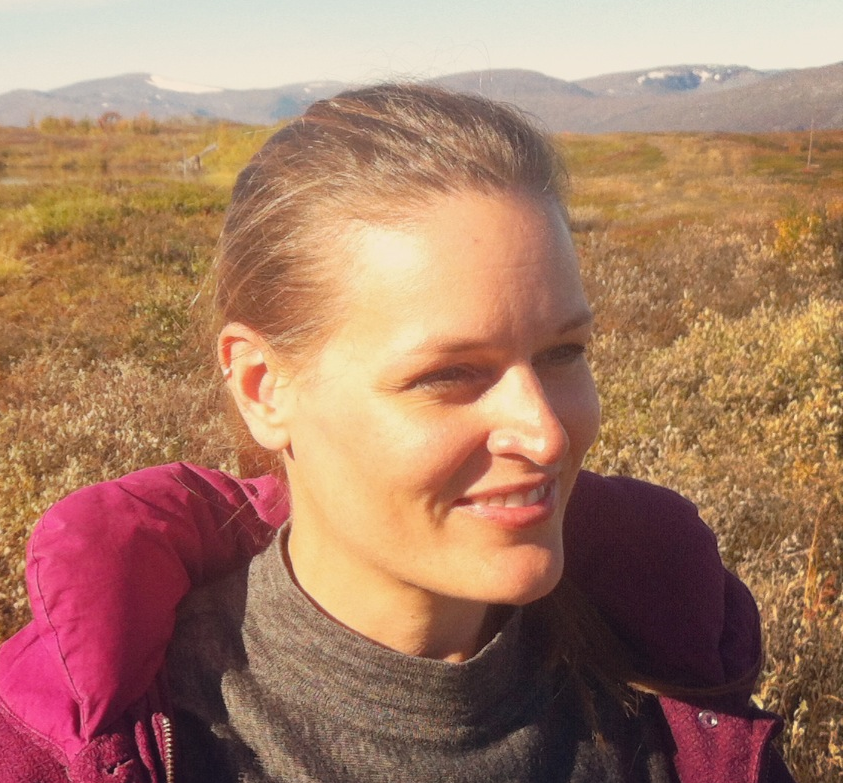| 收稿范围 |
Evolutionary Applications is a fully peer reviewed open access journal. It publishes papers that utilize concepts from evolutionary biology to address biological questions of health, social and economic relevance. Papers are expected to employ evolutionary concepts or methods to make contributions to areas such as (but not limited to): medicine, agriculture, forestry, exploitation and management (fisheries and wildlife), aquaculture, conservation biology, environmental sciences (including climate change and invasion biology), microbiology, and toxicology. All taxonomic groups are covered from microbes, fungi, plants and animals. In order to better serve the community, we also now strongly encourage submissions of papers making use of modern molecular and genetic methods (population and functional genomics, transcriptomics, proteomics, epigenetics, quantitative genetics, association and linkage mapping) to address important questions in any of these disciplines and in an applied evolutionary framework. Theoretical, empirical, synthesis or perspective papers are welcome.
|
| 编辑信息 |
Louis Bernatchez
Editor-in-Chief Institut de Biologie Intégrative et des Systèmes (IBIS)
Pavillon Charles-Eugène-Marchand
Université Laval, Québec, QC G1V 0A6
Canada
Phone: 1 418 656-3402 | Fax: 1 418 656-7176 | Email: Louis.Bernatchez@bio.ulaval.ca Research interests include genotype by environment interactions, particularly in the context of speciation studies and conservation genetics; utilizes population and quantitative genetics, genetic mapping, functional genomics, behavioural ecology and physiology. https://www.bio.ulaval.ca/louisbernatchez/presentation.htm |  |
Michelle Tseng
Founding Editor Assistant Professor, Departments of Botany and Zoology, Biodiversity Research Centre Michelle employs empirical studies of insects and their pathogens to examine how environmental heterogeneity mediates the outcome of species interactions at ecological and evolutionary scales.
http://www.zoology.ubc.ca/~mtseng/ |  |
Luciano Beheregaray
Associate Editor Molecular Ecology Lab, School of Biological Sciences, Flinders University Interested in evolution and conservation of aquatic biodiversity. Integrates genetics, genomics, and environmental information for a range of study systems of the Southern Hemisphere, especially fishes. The current priority in his lab are ecological genomic studies of adaptation to environmental change using wild and experimental populations. Luciano’s work illustrates how natural historians can stimulate public interest about biodiversity conservation.
http://www.molecularecology.flinders.edu.au/ |  |
Nicolas Bierne
Associate Editor SEA Lab, Institut des Sciences de l'Evolution, Montpellier Nicolas is a population geneticist with broad interests in evolutionary biology. His group combines genome sequencing, lab experiments and field studies, as well as theoretical developments, in order to investigate the mechanisms at play during adaptation and speciation (mainly in marine organisms).
https://popgensealab.wordpress.com |  |
Katrina Dlugosch
Associate Editor Department of Ecology & Evolutionary Biology, University of Arizona Katrina is interested in the rapid evolution of traits that shape distribution and abundance, particularly in invasive species that are colonizing new locations, as well as in native species responding to environmental change. She uses a variety of genetic approaches (quantitative, molecular, and genomic) in combination with field observations and experiments, primarily in plants and their interactions with their biotic and abiotic environments.
https://medium.com/dlugosch-lab |  |
Zach Gompert
Associate Editor Assistant Professor, Biology Department, Utah State University Zach is interested in population and evolutionary genetics and genomics. In particular, he studies the genetic basis and evolution of ecologically important traits and barriers to gene flow between species. His research combines manipulative experiments, analysis of DNA sequence data from natural populations, and computational statistics.
https://biology.usu.edu/about/faculty/zach-gompert |  |
Sarah Hendricks
Associate Editor University of Idaho, USA
|
Andrew Hendry
Associate Editor Department of Biology, McGill University, Canada Uses a range of study systems, including stickleback, guppies, finches and salmon to investigate how ecological changes influence evolutionary dynamics, and vice versa, how evolutionary changes influence ecological dynamics. Andrew recently co-edited a special issue in Evolutionary Applications on evolutionary perspectives of salmonid conservation and management.
http://www.andrew-hendry.ca/people.html |  |
Nathalie Isabel
Associate Editor Laurentian Forestry Centre, Québec Canada Nathalie’s research interests are centred on the development of knowledge and tools to better understand the adaptability of boreal and temperate forest tree species. She studies key functional traits in relation with tree resilience by combining genomic and precision phenotyping approaches. Her research also focuses on studying the genetic diversity of indicator forest species for the benefit of forest communities. With her team, she is also working on the development of a value chain traceability system and a Canadian center of expertise for wood identification to combat the illegal timber trade. |  |
Marc Johnson
Associate Editor Associate Professor, Director, Centre for Urban Environments, CUE Marc is an evolutionary ecologists that studies plants and plant-animal interactions. His research bridges ecology, evolution, chemistry, genetics and genomics to address questions related to coevolution, eco-evolutionary dynamics, the evolution of sex and evolution in urban environments.
www.evoeco.org |  |
Britt Koskella
Associate Editor
University of California, Berkeley Combines experimental evolution and studies of natural populations to explore ecology and evolution of infectious disease, including coevolutionary interactions among phage viruses, bacterial pathogens, and plants. Britt uses this three-way interaction both as a model system and to explore the use of phages as an alternative to antibiotics in agriculture.
http://brittkoskella.wordpress.com |  |
Kerry Naish
Associate Editor Professor, School of Aquatic and Fishery Sciences, University of Washington Studies the evolutionary responses of populations to environmental change and to conservation actions using a combination of molecular genomics, quantitative genetics, field studies, and laboratory crosses. Kerry is interested in developing proactive approaches that inform the conservation and management of aquatic species.
https://fish.uw.edu/faculty/kerry-naish |  |
Tanja Pyhäjärvi
Associate Editor University of Oulu, Finland Tanja works on plant population genomics, tackling problems relating to local adaptation, inference of population history using genetic data, effects of domestication and breeding and identifying genetic footprint of natural selection. Studying especially the outcrossing species with large population sizes, such as forest trees is important for understanding how adaptation to various environmental conditions arise. Her groups study species have large, complex genomes, which present additional challenges, but also facilitate questions that cannot be answered using common model species. https://www.oulu.fi/pyhajarvilab
|  |
Pete Thrall
Associate Editor Management of biotic threats, CSIRO, Australia Addresses questions pertaining to the ecological and evolutionary dynamics of host–microbe interactions in natural systems; investigations include the role of genetic diversity in host resistance and pathogen infectivity in disease epidemics.
http://www.csiro.au/people/ps1lr.html |  |
Frédéric Thomas
Associate Editor MIVEGEC, IRD Montpellier Research interests include ecology and Evolution of host-parasite relationships, ecology of health, evolutionary medicine especially cancer and behavioural ecology.
http://gemi.mpl.ird.fr/OPM/Thomas/FTfr.ht |  |
Maren Wellenreuther
Associate Editor Associate Professor, Auckland University, New Zealand Integrates genomic methods with field and experimental approaches to address basic and applied questions in evolutionary biology. Her study systems range from insects to fish, and she is interested in processes acting on natural populations, such as the effects of global change on behaviour and gene flow, as well as the processes occurring during the domestication process, including rapid selection of disease resistance and growth. Maren co-edited a special issue in Evolutionary Applications on 'women's contribution to basic and applied evolutionary biology'.
http://www.marenwellenreuther.com/index.html |  |
Advisory Board S. Aitken, University of British Columbia, Canada
F. Allendorf, University of Montana, USA
S. Barrett, University of Toronto, Canada
S. Carroll, University of California, USA
T. Day, Queens University, Canada
N. Ellstrand, University of California, Riverside, USA
A. Estoup, CBGP, France
D. Fraser, Concordia University, Canada
G. Gilchrist, College of William and Mary / NSF, USA
J. Hellmann, University of Minnesota, USA
A. Hoffman, University of Melbourne, Australia
J. Hutchings, Dalhousie University, Canada
P. Jarne, CEFE, Montpellier, France
N. Kane, University of British Columbia, Canada
R. Kassen, University of Ottawa, Canada
J. A. Merilä, University of Helsinki, Finland
Y. Michalakis, IRD, Montpellier, France
J. Myers, University of British Columbia, Canada
A. Read, Centre for Disease Dynamics, Pennsylvania
L. Rieseberg, University of British Columbia, Canada / Indiana University, USA
T. Smith, University of California, Los Angeles, USA
S. Strauss, University of California, Davis, USA
J. Webster, Imperial College London, UK
|




















 京公网安备 11010802027423号
京公网安备 11010802027423号